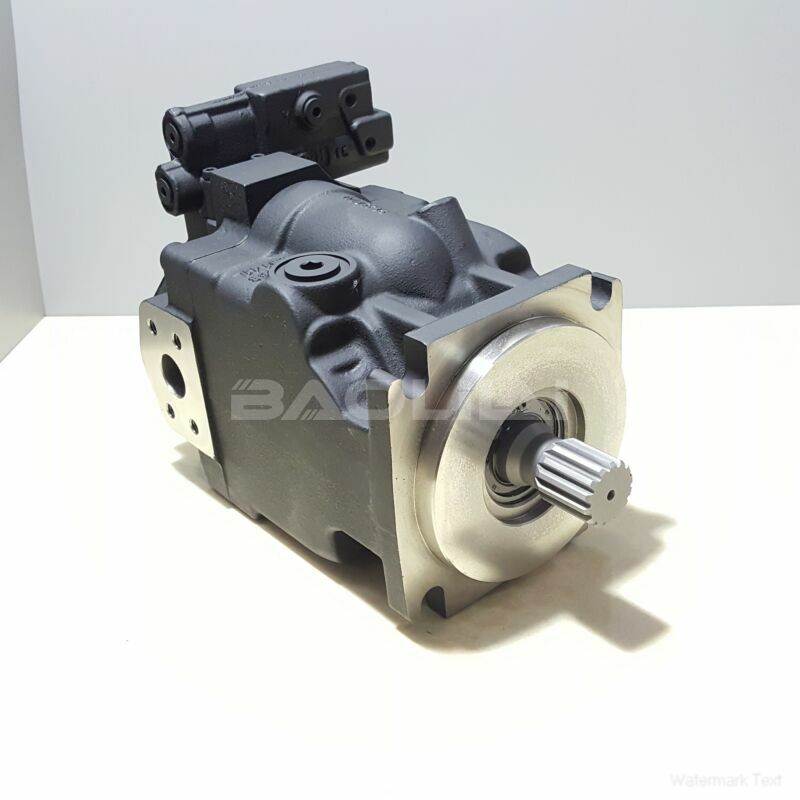JRLS75CLS2320NNN3S1BEA2NNNNJJJNNN hydraulic pump
JRLS75CLS2320NNN3S1BEA2NNNNJJJNNN hydraulic pump

- Product Details
- Applicable Scene
In modern manufacturing and production environments, the efficient management of fluids is crucial for maintaining operational effectiveness. Hydraulic pumps play a vital role in fluid handling systems, facilitating the movement of liquids and helping to streamline processes across various industries. As businesses increasingly focus on sustainability and reducing energy consumption, the integration of energy-efficient hydraulic pump systems has become a significant area of interest.
JR-L-S75C-LS-23-20-NN-N-3-S1BE-A2N-NNN-JJJ-NNN
JRLS75CLS2320NNN3S1BEA2NNNNJJJNNN
Hydraulic pumps operate by converting mechanical energy into hydraulic energy. This process involves the movement of fluid through a series of components, enabling different systems to function correctly. The types of hydraulic pumps include gear pumps, vane pumps, and piston pumps, each offering varying advantages and applications based on operational requirements. The choice of pump can influence not only the efficiency but also the energy consumption of the entire system.

83026021
One of the key benefits of using energy-efficient hydraulic pumps is the reduction in power consumption. Traditional hydraulic systems often operate at fixed speeds, leading to unnecessary energy usage during periods of low demand. However, advancements in pump technology, such as variable displacement pumps and frequency-controlled systems, allow for more dynamic fluid handling. These innovations enable pumps to adjust their output based on real-time fluid requirements, significantly lowering energy costs while maintaining performance.
Moreover, the implementation of energy-efficient hydraulic pumps contributes to reduced greenhouse gas emissions. As industries seek to meet stricter regulatory standards and corporate sustainability goals, integrating efficient fluid handling systems has become imperative. By optimizing fluid movement, organizations can effectively minimize their environmental footprint, ultimately supporting a cleaner and more sustainable production process.





